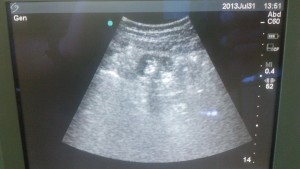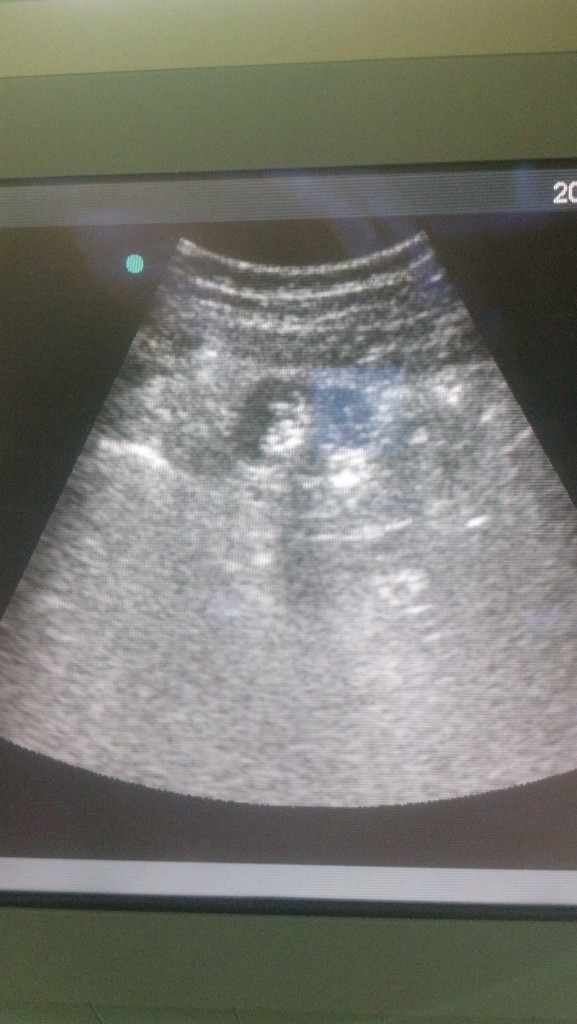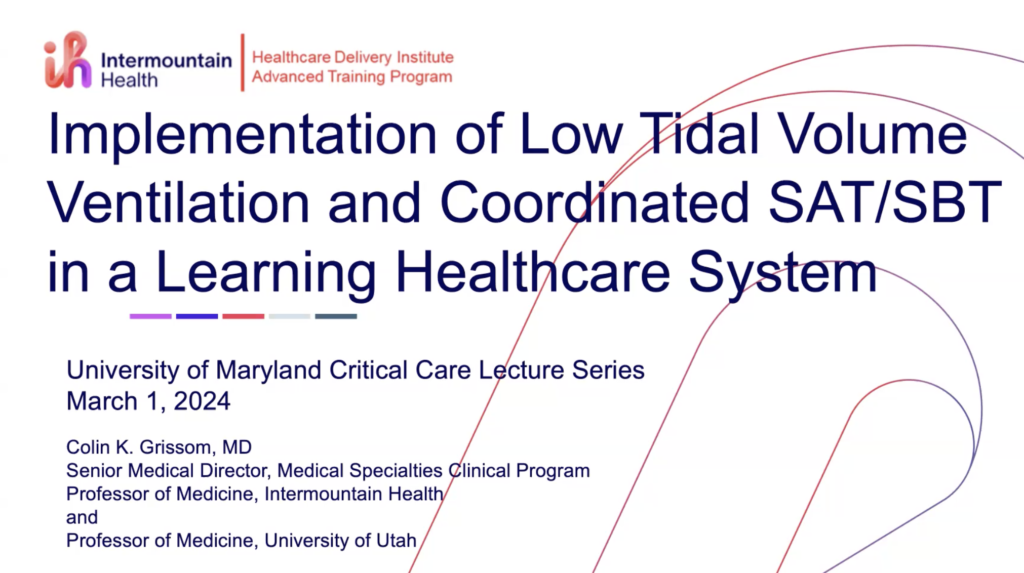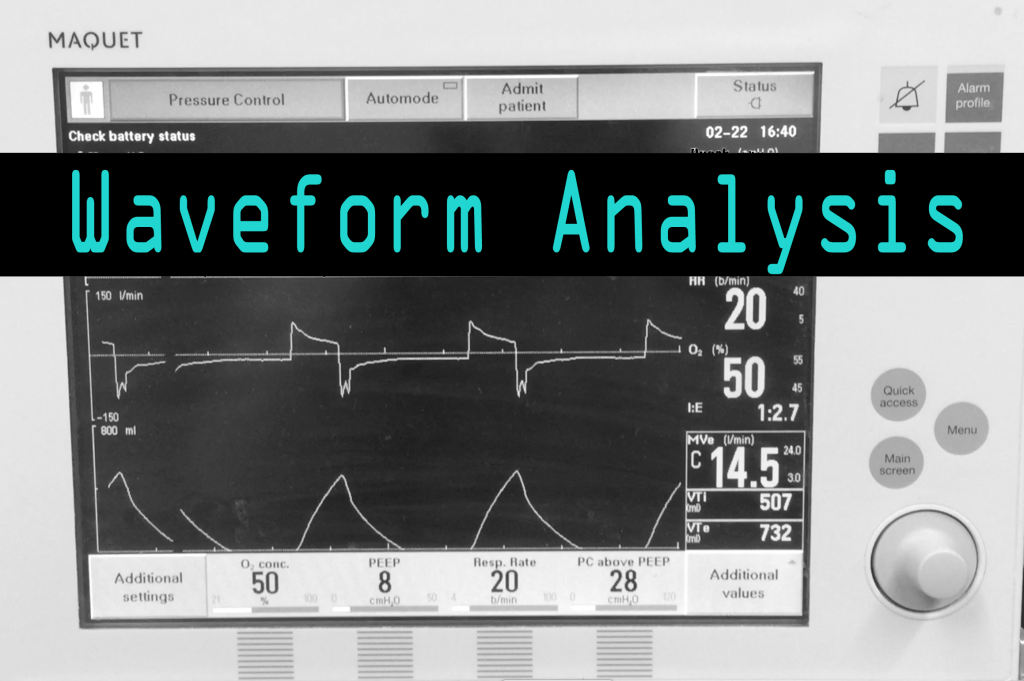A 41 year old Haitian man with no known past medical history presented to St. Luc Family Hospital (Tabarre, Port-au-Prince, Haiti) with 24 hours of RLQ abdominal pain, vomiting and anorexia. Physical examination was notable for mild tachycardia (104 beats per minute) and marked RLQ tenderness to palpation without radiation, as well as focal rebound tenderness and guarding approximately 1/3rd of the way between his right ASIS and umbilicus. Rovsing and obturator signs were absent, but the psoas sign was present on the right side. Bedside portable abdominal ultrasound of the RLQ showed a non-compressible, echogenic structure measuring approximately 1.8 cm with surrounding edema. Full abdominal scan revealed no fluid in Morrison’s pouch, a normal-appearing right kidney without evidence of nephrolithiasis/hydronephrosis and a gallbladder without evidence of inflammation, cholelithiasis, or sludge. A CBC showed mild leukocytosis of 13,100. The patient was diagnosed with acute appendicitis and was referred to the nearby MSF (“Doctors Without Borders”) hospital for definitive surgical intervention.
Much like a certain mystical female body part, finding an inflamed appendix by ultrasound can be notoriously difficult. From personal experience, I have had limited success (for the record: finding the appendix, not the body part). But for children and for non-obese adults, ultrasound is an inexpensive and more time-sensitive method in which to make the diagnosis. A recent meta-analysis (Radiology, Oct 2006, (241):1) demonstrated high sensitivity (83%) and specificity (93%) for ultrasound-guided diagnosis of appendicitis in adults, compared to 94% and 94%, respectively, for CT. In resource-limited settings overseas, where CT scans often are neither available, nor affordable for most patients, clinical diagnosis with history and physical examination remains the anecdotal gold standard, but the addition of bedside ultrasound can improve the accuracy and confidence of diagnosis. It is important to remember in this setting, though, that lack of visualization of the inflamed appendix should not obviate referral for surgery–if the story sounds like appendicitis, it probably is!





